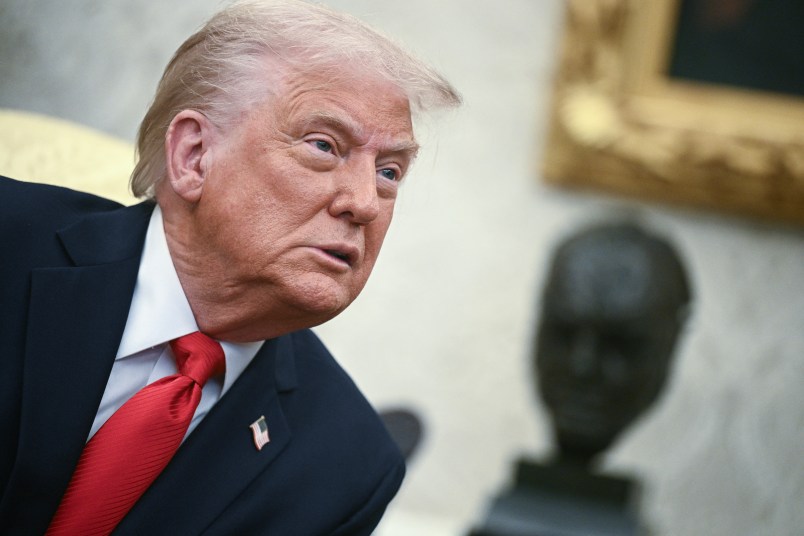Key takeaways:
- The Trump administration has frozen over $2 billion in federal grants to Harvard University due to the institution’s refusal to comply with government demands, escalating tensions between the administration and the Ivy League school.
- The Joint Task Force to Combat Anti-Semitism criticized prestigious universities for a “troubling entitlement mindset,” contributing to the decision to withhold funding, reflecting the administration’s pattern of challenging unfavorable judicial rulings.
- This action has sparked discussions about the implications for judicial authority and rule of law, with concerns about the normalization of defying court orders, while also highlighting President Trump’s governance style during an appearance with El Salvador’s President Nayib Bukele.
The Trump administration has announced a freeze on over $2 billion in federal grants to Harvard University following the institution’s refusal to comply with a list of ten demands set forth by the government. This development marks a significant escalation in tensions between the administration and the Ivy League school. The decision was made public on Monday, a day characterized by a series of controversial actions by President Trump, including defying a Supreme Court order and barring the Associated Press from an event, despite a separate court order.
The Joint Task Force to Combat Anti-Semitism, a body within the administration, criticized what it described as a “troubling entitlement mindset” prevalent in prestigious universities like Harvard. The task force’s statement suggested that such attitudes contribute to the administration’s decision to withhold the substantial funding. The freeze on grants is seen as part of a broader pattern of the administration’s willingness to challenge judicial rulings that it perceives as unfavorable.
This move has sparked discussions among elected officials and the public about the implications of the administration’s actions, particularly in relation to the judiciary. Some observers have noted a shift in the Overton window, suggesting that the administration’s defiance of court orders, including those from the Supreme Court, is becoming increasingly normalized. This has raised concerns about the potential erosion of judicial authority and the rule of law.
The situation has also drawn attention to President Trump’s interactions with international leaders, as he appeared alongside El Salvador’s President Nayib Bukele during the announcement. The two leaders engaged in a public display that some interpreted as a performance, highlighting the administration’s approach to governance and international relations. As the freeze on Harvard’s grants takes effect, the broader implications for federal funding of higher education institutions remain uncertain.



Be First to Comment